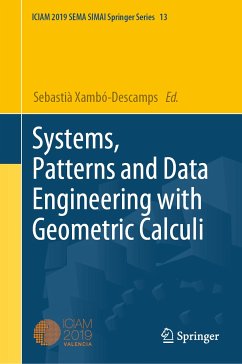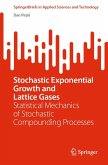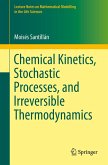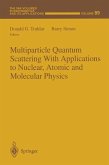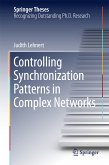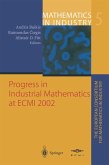The intention of this collection agrees with the purposes of the homonymous mini-symposium (MS) at ICIAM-2019, which were to overview the essentials of geometric calculus (GC) formalism, to report on state-of-the-art applications showcasing its advantages and to explore the bearing of GC in novel approaches to deep learning. The first three contributions, which correspond to lectures at the MS, offer perspectives on recent advances in the application GC in the areas of robotics, molecular geometry, and medical imaging. The next three, especially invited, hone the expressiveness of GC in orientation measurements under different metrics, the treatment of contact elements, and the investigation of efficient computational methodologies. The last two, which also correspond to lectures at the MS, deal with two aspects of deep learning: a presentation of a concrete quaternionic convolutional neural network layer for image classification that features contrast invariance and a general overview of automatic learning aimed at steering the development of neural networks whose units process elements of a suitable algebra, such as a geometric algebra.
The book fits, broadly speaking, within the realm of mathematical engineering, and consequently, it is intended for a wide spectrum of research profiles. In particular, it should bring inspiration and guidance to those looking for materials and problems that bridge GC with applications of great current interest, including the auspicious field of GC-based deep neural networks.
Dieser Download kann aus rechtlichen Gründen nur mit Rechnungsadresse in A, B, BG, CY, CZ, D, DK, EW, E, FIN, F, GR, HR, H, IRL, I, LT, L, LR, M, NL, PL, P, R, S, SLO, SK ausgeliefert werden.

